You like it on your pizza, and you like it in your pasta; oregano is probably one of the first ingredients you request when you order Italian food. Oregano has a robust flavour that adds warmth to your cuisine as well as a sense of sweetness. It may be eaten fresh, dried, or as an oil. This delicious herb gives your cuisine a boost of vitality. Our beloved oregano has many vital and useful therapeutic characteristics in addition to being a culinary plant used in many cuisines. Yes, you read it correctly. The capacity of oregano to improve the immune system and bones is one of its many health advantages. It may also aid in the improvement of digestion and cardiovascular health.
The following are some of the health benefits of oregano in your regular diet:
What are the Health Benefits of Oregano?
Jump to:
1. Immune System Strengthening
Adding fresh oregano leaves or oil to your regular diet is thought to help improve your immune system. Due to its high vitamin A and C content, oregano has 42 times more antioxidant capabilities than apples, according to several studies. "Intake of herbs like oregano may contribute considerably to the overall intake of plant antioxidants, and may be an even superior source of dietary antioxidants than many other food categories such as fruits, berries, cereals, and vegetables," according to a research published in the Journal of Nutrition.
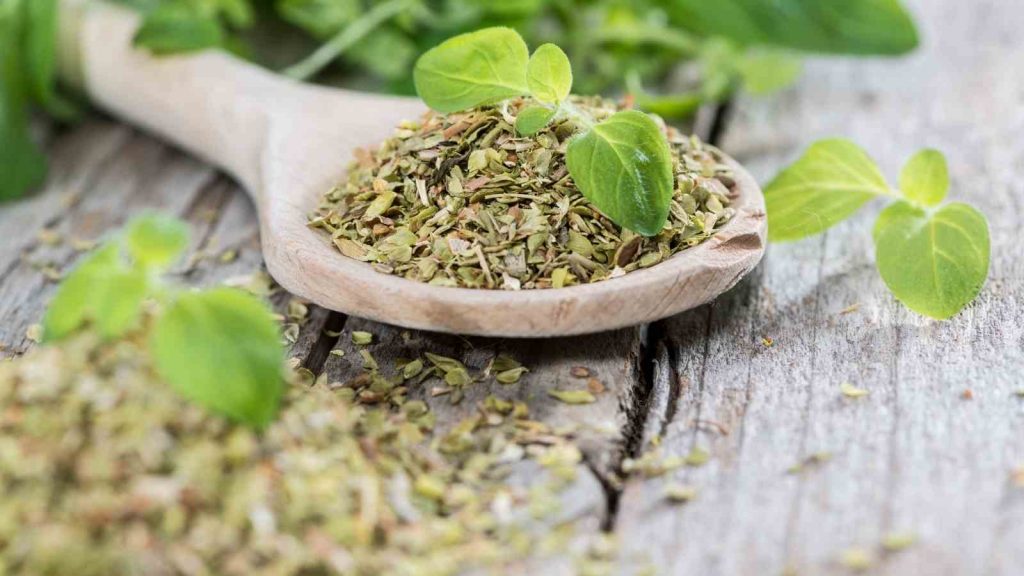
read also: Best Substitutes for Sour Cream
2. Enhances Digestion
Oregano has a lot of fibre in it. It may help our digestive system if we eat it on a regular basis. We all know that fibre is necessary for a healthy digestive system; it adds weight to our stools and encourages peristaltic action, which effectively passes food through the digestive tract. Dr. Ritika Samaddar, a nutritionist in Delhi, believes that "Fibre is an essential component of our daily food, and we should have both kinds in our diet to maintain a healthy balance. Soluble fibres are believed to help keep blood sugar levels in check, while insoluble fibres aid in the smooth operation of the digestive system. Every day, an average adult should consume roughly 15 grammes of fibre."
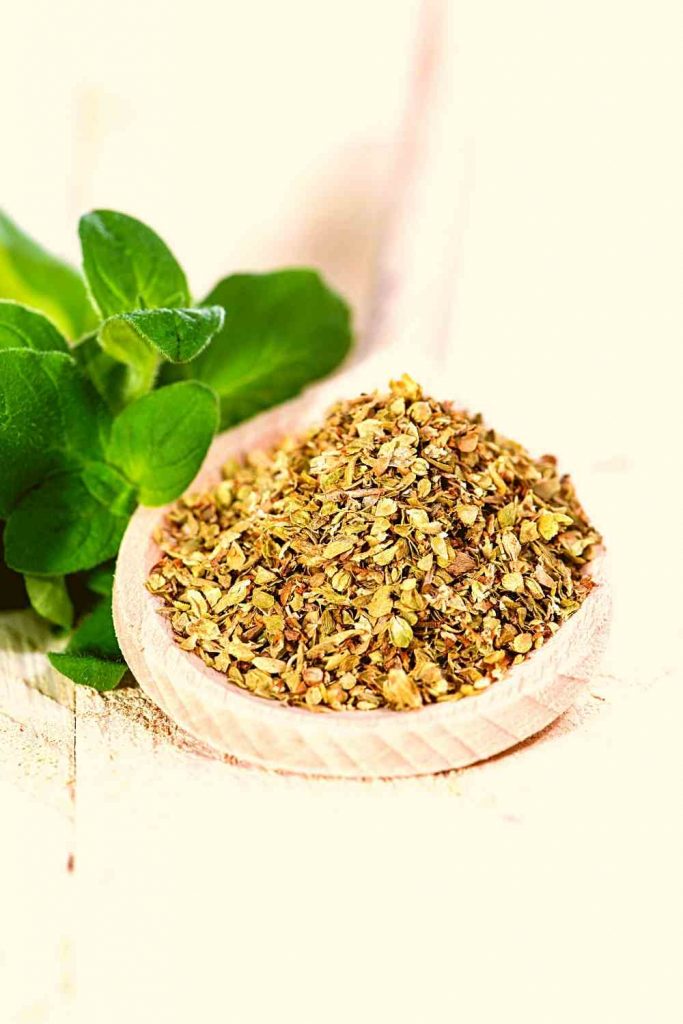
3. Bone health is improved
As we age, our bone health deteriorates, therefore it's important to eat meals high in vitamins and minerals. Oregano is high in calcium, iron, and manganese, three minerals that are essential for bone health. Calcium helps to maintain bone structure, while vitamin D aids in calcium absorption and bone formation. These nutrients are essential not just in your early years, but also as you become older. Increasing calcium and vitamin D consumption may help those who have osteoporosis or arthritis.
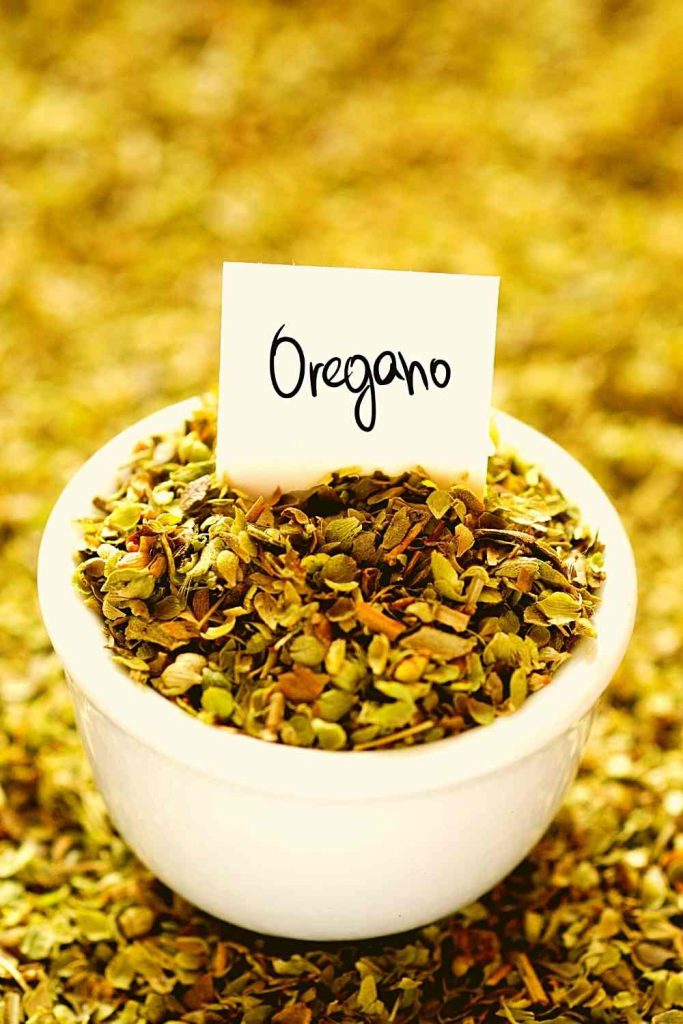
4. Aids in the Management of Diabetes
Oregano has also been shown to aid in the management of type 1 diabetes. NCBI reports that "The oregano extract protects against hyperglycemia by lowering the pro-inflammatory macrophage response. Because of the oregano extract's high success rate in avoiding diabetes, it may become a staple in future diabetes therapies." Furthermore, oregano's fibre slows digestion, preventing sugar from being metabolised fast and causing a spike in blood sugar levels.

read also: Health Benefits of Turmeric and Curcumin
5. Increases Energy Levels
Because we now know that oregano aids in the proper functioning of the metabolism, the body is constantly renewed and revitalised. The presence of minerals like iron helps to enhance blood circulation, which helps to oxygenate our body's cells and muscles, giving us more energy and power.
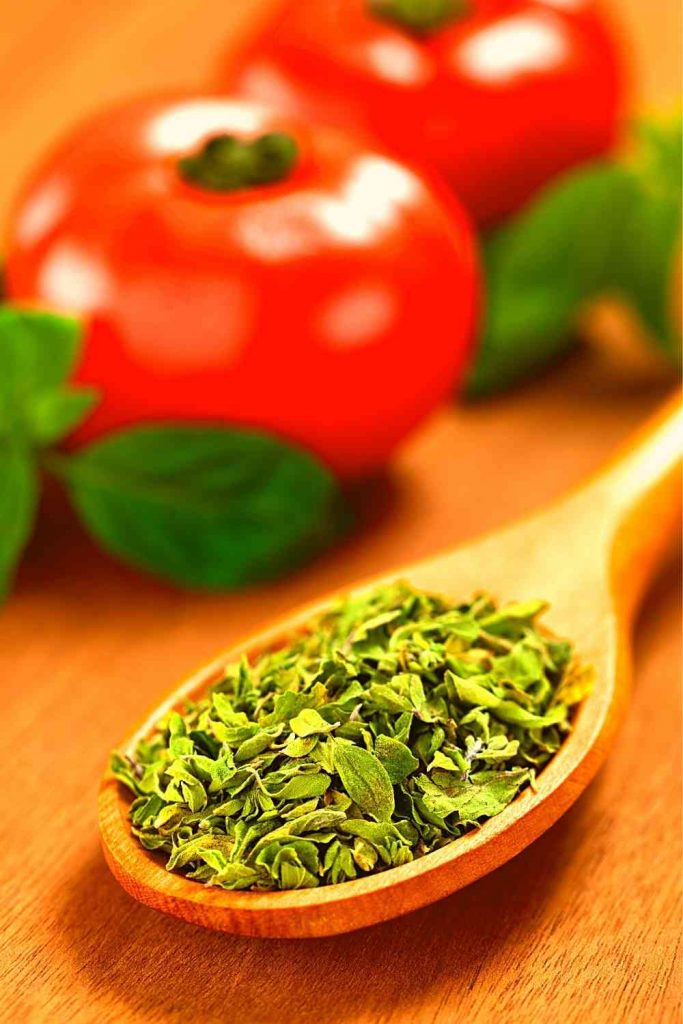
6. Other Advantages
Aside from the advantages listed above, oregano is a natural pain reliever that may help you get rid of a variety of bodily aches and pains. According to DK Publishing's book, 'Healing Foods,' "Oregano is an analgesic that may help with menstrual cramps and other stomach discomfort. It also works as a diuretic and appetite stimulant, as well as clearing mucus, making it excellent for colds, flu, headaches, and respiratory illnesses."

7. Oregano Nutritional Facts
According to the United States Department of Agriculture (USDA), oregano contains 4.28 grammes of fat, 25 milligrammes of sodium, 1260 milligrammes of potassium, 68.92 grammes of carbohydrates, and 9 grammes of protein per 100 grammes, with vitamin A (34 percent), calcium (159 percent), vitamin C (3 percent), iron (204 percent), vitamin B6 (50 percent), and magnesium (67 percent ). Oregano also has no cholesterol.
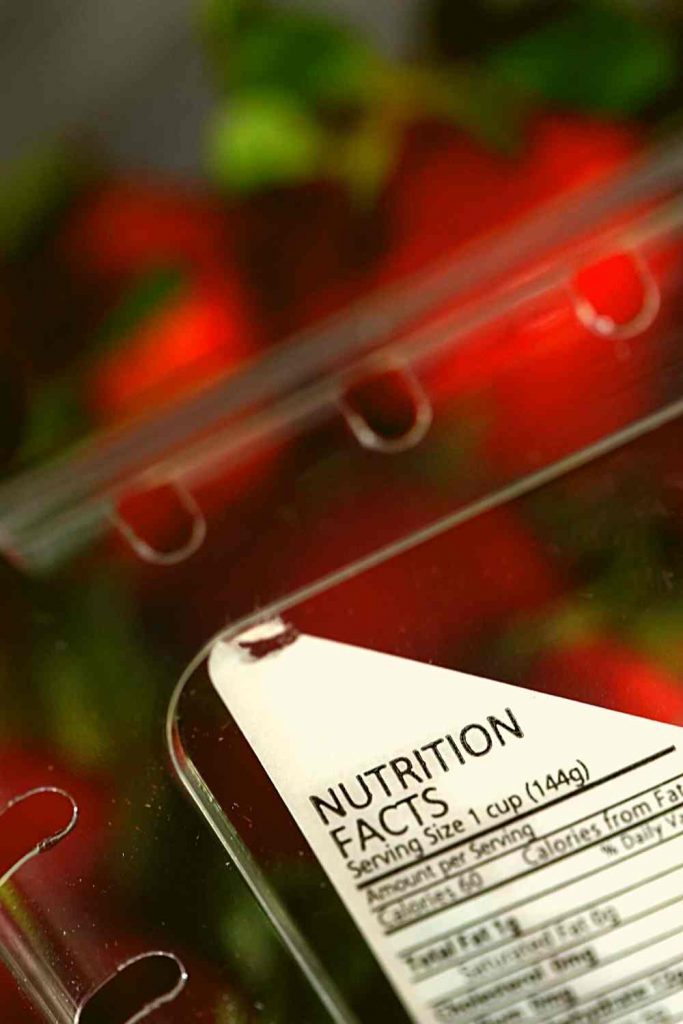
Now that you know that this healthful herb is more than just a pizza topping, you may use it in a variety of ways.




